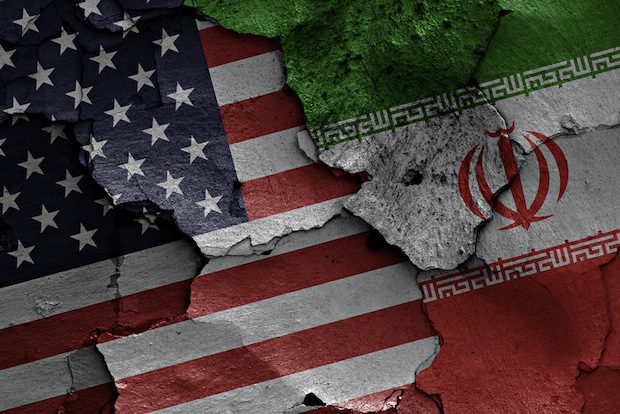The Price of Relentless Hostility

Jason Rezaian recently spoke with the families of U.S. citizens wrongfully detained by the Iranian government, and this is what they told him:
While they all appreciate Pompeo for making time to meet with them and his professed commitment on the issue of hostage-taking, those with relatives who are detained in Iran don’t see how a policy that shuns all contact with Tehran can lead to a happy outcome for their families.
They and others watching Trump’s policy to exert “maximum pressure” on Iran worry that their loved ones are victims of a political moment in which engaging directly with Iran on any matter is seen as capitulation.
Others are concerned, and with good reason, that an administration with an antagonistic stance toward Iran might be inclined to use the Americans being held there as part of an argument for more aggressive and isolating actions against the Islamic republic.
Iran should release the U.S. citizens that they have wrongfully detained, but that isn’t likely to happen if U.S. and Iranian officials don’t talk to each other. A U.S. policy of relentless hostility towards Iran closes off all opportunities to resolve these cases through negotiations. The U.S. had its greatest successes in securing the release of Americans held in Iran when there were direct channels of communication between our governments. Those channels were a valuable by-product of the nuclear deal, and when the Trump administration withdrew from the deal it shut those channels down. Reneging on the nuclear deal poisoned the atmosphere with Iran, and now every issue becomes harder to discuss and virtually impossible to resolve. The expected administration decision to designate the IRGC as a terrorist organization seems likely to make freeing these captives even more difficult than it already is.
If the administration isn’t making any progress in freeing American citizens held in Saudi Arabia because it refuses to challenge the Saudi government on anything, it is unable to obtain the release of Americans in Iran because of its reflexive animosity towards their government. The Saudis know they have nothing to fear from the Trump administration, and the Iranian government concludes that it has nothing to gain from talking to them. The extreme and lopsided bias in U.S. policy in favor of one and against the other hampers our government’s ability to intercede on behalf of American citizens in both countries. The Saudi government won’t be deterred from arresting more U.S. citizens because they assume they can act with impunity, and Iran’s government won’t have any incentive to release the Americans in its custody when the administration has proven that it can’t be trusted to honor agreements. The U.S. needs a more balanced policy for both states, and that would allow our government to use the leverage it has with the Saudis and to establish regular channels of communication with Tehran. As things stand now, the U.S. refuses to use the influence it has with its client and rejects acquiring influence with the other state through engagement.